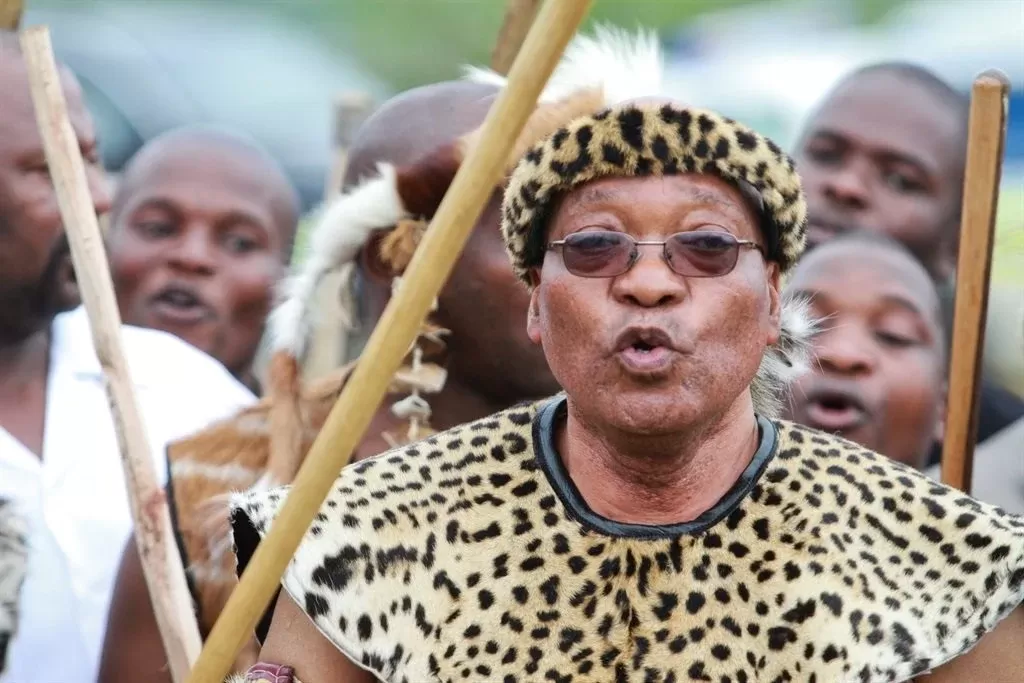
In the tumultuous landscape of South African politics, few figures have been as polarizing and controversial as Jacob Zuma. The former president, known for his charisma and populist appeal, rose to power on a wave of anti-apartheid sentiment and promises of reform. However, his tenure was marked by scandal, corruption, and a gradual erosion of public trust.
Jacob Zuma's political career began in the struggle against apartheid, where he played a key role in the African National Congress (ANC) and its armed wing, Umkhonto we Sizwe. After the fall of apartheid, Zuma held various government positions before being elected president in 2009.
Initially, Zuma was hailed as a champion of the poor and marginalized, promising to tackle corruption and improve the lives of ordinary South Africans. However, his presidency was soon engulfed in controversy, with allegations of corruption and cronyism swirling around him.
One of the most damaging scandals was the "State Capture" affair, in which Zuma and his associates were accused of using their positions to influence government decisions and secure lucrative contracts for themselves and their allies. The scandal led to widespread public outrage and calls for Zuma's resignation.
In 2018, under mounting pressure from within his own party, the ANC, Zuma resigned as president and was succeeded by Cyril Ramaphosa. Since then, Zuma has faced numerous legal battles, including charges of corruption, fraud, and racketeering.
Despite his fall from grace, Jacob Zuma remains a potent force in South African politics. He retains a loyal following, particularly among the rural poor and members of the ANC's more radical factions. Many still see him as a champion of economic transformation and a symbol of resistance against the perceived dominance of white capital.
The question now is whether Jacob Zuma will rise again. Despite his legal troubles and tarnished reputation, he remains a formidable political operator with a knack for survival. His supporters believe that he has been unfairly targeted by his enemies and that he still has a role to play in South Africa's political future.
However, others argue that Zuma's time has passed and that his brand of politics is no longer relevant in a rapidly changing South Africa. The country faces numerous challenges, including high unemployment, widespread poverty, and a struggling economy, and many believe that new leadership is needed to address these issues effectively.
As South Africa looks to the future, the enigma of Jacob Zuma looms large. Whether he will rise again as a political force or fade into obscurity remains to be seen. One thing is certain: the legacy of Jacob Zuma will continue to be debated and scrutinized for years to come.